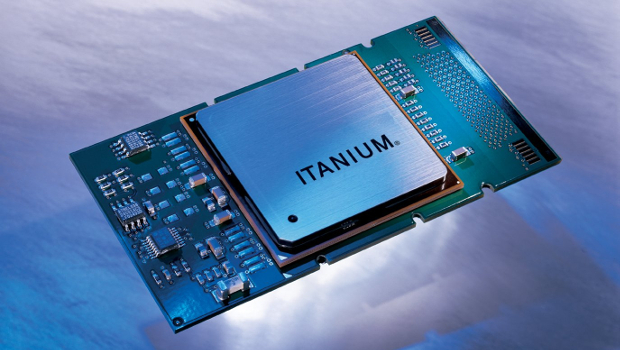
In a strange twist of fate, the depreciated Itanium IA-64 architecture is getting a new lease on life, at least sort of. Phoronix reports that the upcoming GCC 15 compiler for Linux will support Itanium processors.
Initially, the plan was to remove Itanium IA-64 support from the GCC 15 compiler; however, an open-source developer named René Rebe purportedly stepped in to keep Itanium compiler support alive. The developer notes, "The following un-deprecates ia64*-*-linux for GCC 15. Since we plan to support this for some years to come."
It is a mystery why there are still users in the open-source community who want to keep Itanium support alive, but apparently, there is a large enough user base to warrant additional support.
Remember that this "un-deprecation" only involves the GCC 15 compiler and nothing more. Itanium IA-64 support was dropped with Linux 6.7 last year so these niche chips won't run on the latest Linux kernels. This compiler update only affects the compiler as the name suggests and is optimal for users running on older supported Linux kernels but want improvements that the GCC 15 compiler might provide over previous compiler versions.
Itanium was one of the most exotic CPU architectures Intel ever built. Built in conjunction with HP, it was Intel's first 64-bit CPU architecture. Itanium came out before AMD's x86-64 instruction set and, thus, did not rely on the x86 instruction set. Itanium relied on what's known as the IA-64 architecture, a Very Long Instruction Word (VLIW) architecture that took advantage of a software compiler to calculate instructions that were to be executed in parallel in advance of when those instructions needed to be executed.
This was a unique way of scheduling instructions to the CPU cores. x86 CPUs use a hardware-based scheduler to schedule instructions to the cores (or execution units).
Unfortunately for Intel and HP, IA-64 struggled to be adopted by the broader market primarily due to its incompatibility with native x86 applications. When AMD released the x86-64 instruction set a few years after IA-64 was first released, the whole market immediately gravitated toward AMD's implementation due to its native support for x86 apps — since AMD's 64-bit implementation was built on top of the x86 instruction set.
Intel officially discontinued Itanium in 2021, the year the last batch of Itanium-designed 9700-series Kittson CPUs was shipped. HP Enterprise is now the last Itanium customer left and is expected to support its Itanium-based servers until late 2025.







